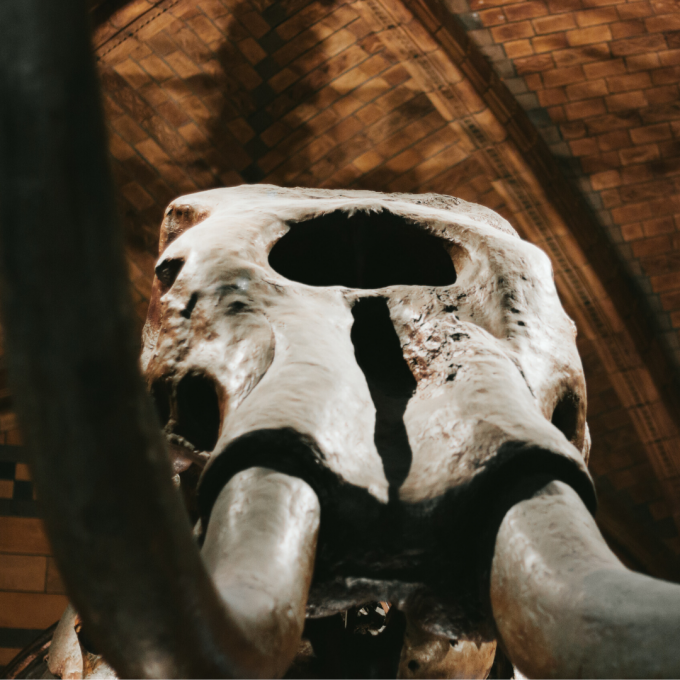
It begins with a lump of peat dredged from the bottom of the North Sea. The fishermen look
at it tolerantly. Peat, driftwood, and gulper sharks are not uncommon to catch. Today the men
are bored so they crack open the lump of peat, and a harpoon falls out. It is made of red deer
antler and gleams like burnished ebony.
The fishermen now understand that they are pulling food from a tomb.
It takes archeologists a few years to admit in their hedging way that their boats bob over
mountains, ravines, and wooded valleys. They name the lost country Doggerland. People settled
it, they estimate, nine thousand centuries ago. They call this time “Archaic.” Some of them try
to dive for evidence but mud blinds them, sends them back, and they understand that this
will be a world mainly defined by negation.
Oil companies scan the seabed and everybody profits. Now we can see the dance of rivers, and
we know that glaciers attacked this lost country. They clawed and melted, leaving moraine-
ridges in the way that flesh leavens the skin around a wound.
Discoveries are made at low tide. Footprints decorate a stump-lined path that vanishes on its
way to an old underwater coast—women, deer, and toddlers going down from their ridge to
see, perhaps, the hippopotamus somebody has killed.
A boy is laughing and cutting strips of fat from the body, and draping them around his neck like damp jewels.
It is spring. The glaciers are in retreat, and their melt permits the growth of deciduous trees, trees that flower.
The ridge is smoky with pollen.
The boy believes in things we’ve never met. Rhinos that are barded with fur, mastodon that spoil the
fishing when they want a bath, men who are not men, men with different bodies, gods that tipple their blood,
gods that don’t care, and gods that are stupid with pity.
It accelerates with a spear point carved from hippopotamus tusk, shattered by an oil rig.
Someone rescues it and pulls it back together, and fusses over it in a lab in Edinburgh, where
young Scots wave cardboard signs about rising oceans. Walter Scott sits introvertedly in the
gray knot of the city, thinking about chevaliers, about his failing memory, and about the
damage of four or five centuries.
